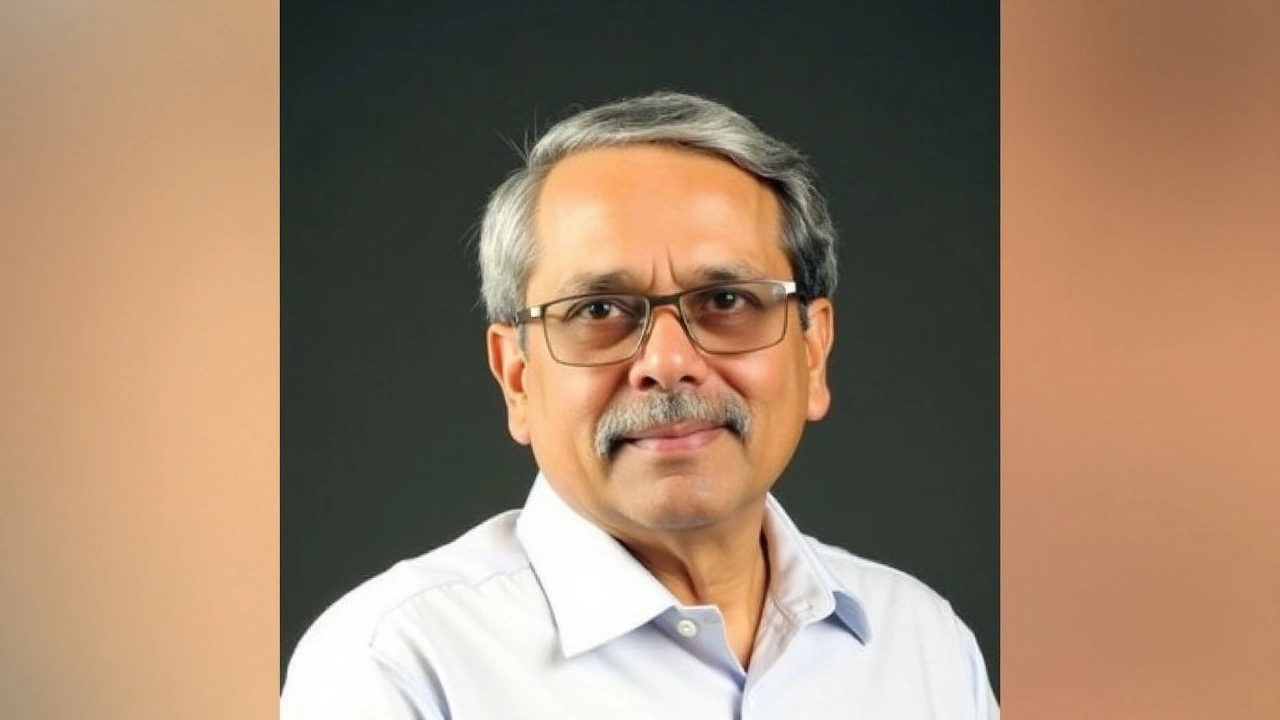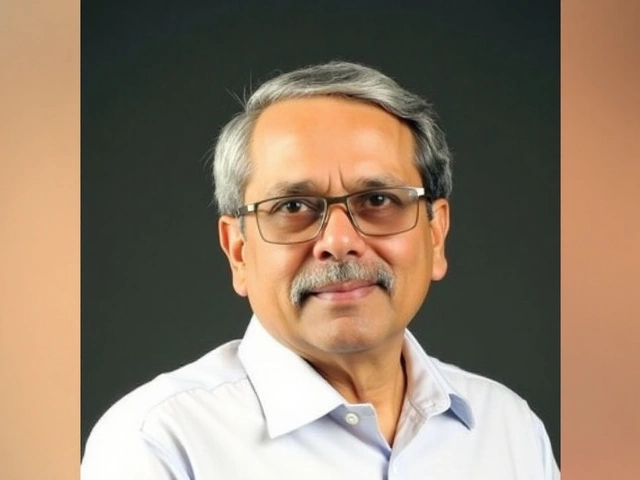Infosys Co-Founder Kris Gopalakrishnan Amongst High-Profile Figures Accused Under SC/ST Atrocities Act

Kris Gopalakrishnan and Legal Woes: Unpacking The Case
In a startling development, Kris Gopalakrishnan, the co-founder of the tech giant Infosys, along with Balaram P, the former director of the Indian Institute of Science (IISc), find themselves embroiled in a legal quandary. The charges pressed against these prominent figures stem from accusations under the Scheduled Castes and Scheduled Tribes (Prevention of Atrocities) Act, a statute designed to protect marginalized communities from discrimination and harassment. This incident has sent ripples across India's academic and corporate worlds, prompting discussions on the specter of caste discrimination even in the nation’s elite institutions.
The Complaint and Its Origins
The crux of the issue began with a complaint by Durgappa, a member of the tribal Bovi community. Previously associated with the IISc as a faculty member, Durgappa alleges that he became the target of a malicious honey trap case. His dismissal in 2014, as per his claims, was not just an administrative procedure but an orchestrated attack rooted in caste dynamics. Durgappa asserts that he faced derogatory language and intimidation linked to his caste status, sowing seeds for this legal battle. The complaint filed at the Sadashiva Nagar police station in Bengaluru has since activated a legal process spearheaded by the directions of the 71st city civil and sessions court (CCH).
Allegations Against Kris Gopalakrishnan and Others
Kris Gopalakrishnan, an iconic figure in the tech industry and a trustee board member of the IISc, is at the center of these serious allegations. Known for his leadership roles at Infosys, as CEO and vice chairman, Gopalakrishnan's name now intersects with an altogether different narrative. As the case unfolds, it not only challenges his public persona but also underscores the entrenched nature of caste-related issues, even among India’s elite. His academic credentials, with advanced degrees from the Indian Institute of Technology, Madras, and his fellowships with prestigious engineering institutions, seem momentarily overshadowed as attention shifts to these grave accusations.
A Culture of Alleged Discrimination
The incident does not single out Kris Gopalakrishnan and Balaram P alone. The complaint implicates a group of sixteen individuals, adding a layer of complexity to the narrative. The inclusion of names like Govindan Rangarajan, Sridhar Warrier, and others suggests a possibly systemic problem within the institution. Discrimination, especially with a casteist undertone, is not a challenge unique to any one body but a widespread issue that cuts across various sections of society, including the creme de la creme of educational establishments like the IISc. Each of these individuals now faces scrutiny, tasked with defending their identities and actions in light of these severe accusations.
Responses and Future Developments
As of now, official responses from either the IISc’s administration or Kris Gopalakrishnan himself remain pending. This silence hinges heavily on ongoing legal deliberations and the seriousness of the charges, emphasizing the need for judicial prudence. Meanwhile, Durgappa's allegations invite a timely re-evaluation of institutional work culture and the pervasive influences of caste, even in spaces that epitomize academic and professional excellence. For the accused, the legal process will likely be intricate, potentially affecting their reputations and careers.
The Implications and Need for Thorough Investigation
The legal process initiated by this case urges an in-depth inquiry not only into the specific allegations but also the broader societal conditions that enable such situations. The SC/ST Atrocities Act serves as a crucial legal tool in assuring protections for marginalized groups, yet its enforcement depends significantly on diligent investigations and procedural integrity. The charges against Gopalakrishnan and his peers demonstrate a need for stringent examination to discern fact from conjecture, ensuring justice is served appropriately.
This situation casts a spotlight on the intersection of caste and institutional allegations, prompting a potential ripple effect that could lead to policy revisions aimed at better safeguarding vulnerable employees. Until then, the academic community and the corporate sector alike will likely watch closely, with an implicit hope for clarity and justice, comprehensively addressing the plight and rights of all involved.
